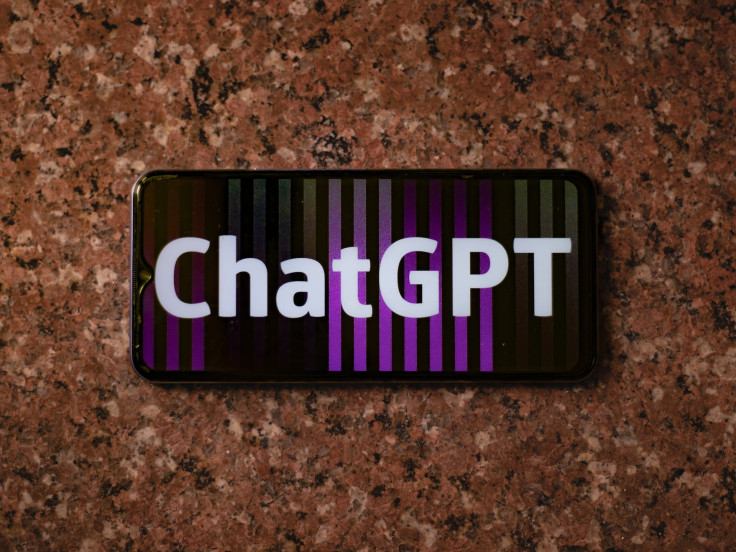
Despite offering free access to GPT-4 and DALL-E 3 image generation, Microsoft's Copilot app has failed to outperform OpenAI's ChatGPT as far as downloads and revenue are concerned.
Generative artificial intelligence (AI), which alludes to an AI that can create new content using existing data, has been the talk of the town for a while now.
Following in the footsteps of prominent players in the industry like OpenAI, Microsoft has been betting big on the technology. In fact, an earlier report suggests the software giant is gearing up to revolutionise the gaming industry with the help of generative AI.
Aside from this, Microsoft is trying to offer a superior user experience by incorporating AI across its products and services. As a result, a considerable number of the company's products and services now ship with Bing Chat, which was recently rebranded to Microsoft Copilot.
These abovementioned changes were part of Microsoft's attempt to outperform ChatGPT. It is worth noting that Microsoft Copilot uses the same technology as ChatGPT. However, the two AI-powered chatbots have some subtle differences.
ChatGPT vs Copilot: The most notable differences
ChatGPT offers a slew of useful integrations and plugins, while Copilot has a cap that restricts users to 4,000 characters per chat. Microsoft recently launched a free version of its Copilot app for Android and iOS users.
The app adopts DALL-E 3 technology and uses OpenAI's GPT-4 model, just like ChatGPT. This could be a tactical move by Microsoft to encourage ChatGPT users to switch to Copilot.
In other words, Microsoft allows users to access practically all ChatGPT features on Copilot for free, unlike OpenAI, which offers these features only to those who pay a $20 (about £15.66) monthly subscription fee.
Microsoft Copilot is currently the #19 most downloaded app in the US App Store, right below #ChatGPT!
— Ariel from Appfigures (@arielmichaeli) December 31, 2023
Source: https://t.co/ttL88Q6hnB pic.twitter.com/M4gBvXz4uQ
Surprisingly, a new report by App Store intelligence provider Appfigures suggests most users are willing to shell out money to access ChatGPT rather than use Microsoft's Copilot for free.
Why do users prefer using ChatGPT more than Copilot?
So, it is safe to say that the Copilot app's arrival on iOS and Android hasn't impacted ChatGPT's revenue or installs. The folks at TechCrunch believe the Copilot's slow adoption is due to Microsoft's poor promotion practices and the AI tool's subtle launch.
Moreover, the report suggests Microsoft did not use Search Ads effectively to make the app more discoverable on the App Store and Google Play Store. Data shared by Appfigures' report shows 2.1 million users had downloaded the Copilot app across iOS (41 per cent) and Android (59 per cent) by January 5, 2023.
The report further points out that ChatGPT downloads have decreased compared to when it was first launched back in November 2022. This drop in the AI tool's downloads can be attributed to reports that suggest the AI bot is getting dumber, rumours surrounding OpenAI's bankruptcy and loss of interest by users.
Despite taking a major hit in the downloads department, ChatGPT still has a broader user base compared to Microsoft Copilot. Appfigures told TechCrunch that Copilot's quiet launch isn't likely to have a direct negative impact on ChatGPT downloads.







